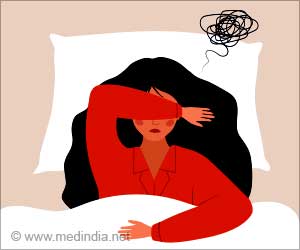Newly discovered mechanism may help prevent the build-up of protein tangles that are commonly seen in dementia.

‘Newly discovered mechanism may help prevent the build-up of protein tangles that are commonly seen in dementia.’





The team also found that a specific class of proteins known as heat shock proteins (HSPs) were the main component of this mechanism. The present study successfully detected the protein misfolding in live cells using the fluorescence technique. Little stress can be good for you — often said lines are now reinforced by the present study as they uncover a new mechanism that helps reverse the build-up of aggregates, not by eliminating them, but rather by ‘refolding’ them.
Stress Effects on Dementia
“Just like when we get stressed by a heavy workload, so, too, cells can get ‘stressed’ if they’re called upon to produce a large amount of proteins. There are many reasons why this might be, for example when they are producing antibodies in response to an infection. We focused on stressing a component of cells known as the endoplasmic reticulum (ER), which is responsible for producing around a third of our proteins – and assumed that this stress might cause misfolding,” says Dr. Edward from the University of Cambridge.The team thus hypothesized that stressing the ER might lead to protein misfolding and aggregation by diminishing its ability to function correctly, leading to increased aggregation. However, to their surprise, the opposite was discovered to be true.
“We were astonished to find that stressing the cell actually eliminated the aggregates – not by degrading them or clearing them out, but by unravelling the aggregates, potentially allowing them to refold correctly. If we can find a way of awakening this mechanism without stressing the cells – which could cause more damage than good – then we might be able to find a way of treating some dementias,” says Dr. Avezov.
Advertisement








